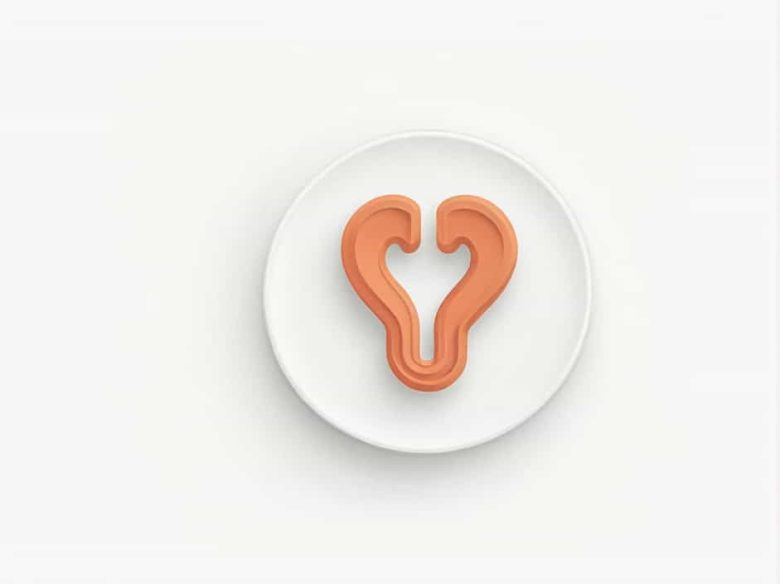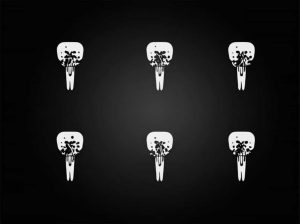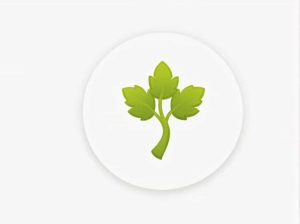The ileum is the final section of the small intestine and plays a crucial role in digestion and nutrient absorption. It works alongside the duodenum and jejunum to ensure the body receives essential nutrients from food. But what exactly does the ileum do?
In this topic we will explore the structure function and importance of the ileum in digestion along with how it contributes to overall health.
Where Is the Ileum Located?
The ileum is the third and final part of the small intestine following the duodenum and jejunum. It connects the jejunum to the large intestine at the ileocecal valve which regulates the movement of partially digested food into the colon.
Structure of the Ileum
The ileum is about 2-4 meters (6-13 feet) long making it the longest section of the small intestine. Its walls are lined with:
- Villi and microvilli – Tiny finger-like projections that increase surface area for nutrient absorption.
- Mucosal folds (plicae circulares) – Help slow down food movement for better absorption.
- Lymphoid tissue (Peyer’s patches) – Protects against harmful bacteria and supports the immune system.
Primary Function of the Ileum
1. Absorption of Nutrients
The ileum’s main function is to absorb essential nutrients that were not absorbed in the duodenum and jejunum. These include:
- Vitamin B12 – Essential for red blood cell production and nervous system health.
- Bile salts – Reabsorbed and sent back to the liver for digestion of fats.
- Fats and fat-soluble vitamins (A D E and K) – Important for various body functions.
2. Recycling of Bile Salts
Bile salts produced by the liver and stored in the gallbladder help digest fats. The ileum reabsorbs these bile salts and sends them back to the liver for reuse. This process is called the enterohepatic circulation and is vital for efficient digestion.
3. Immune Function (Peyer’s Patches)
The ileum contains Peyer’s patches which are clusters of lymphoid tissue that:
- Detect harmful bacteria and pathogens.
- Help the immune system fight infections in the digestive tract.
This makes the ileum an important part of gut immunity.
Comparison: Ileum vs. Duodenum vs. Jejunum
Each section of the small intestine has a specific role:
| Section | Function | Key Features |
|---|---|---|
| Duodenum | Digest food using enzymes and bile | Shortest section receives digestive fluids |
| Jejunum | Absorbs carbohydrates proteins and some fats | Many folds and villi for nutrient absorption |
| Ileum | Absorbs vitamin B12 bile salts and fats | Contains Peyer’s patches for immunity |
Common Disorders of the Ileum
1. Crohn’s Disease
Crohn’s disease is a chronic inflammatory condition that often affects the ileum. Symptoms include:
- Abdominal pain
- Diarrhea
- Nutrient deficiencies
2. Ileal Resection (Surgical Removal of the Ileum)
In some cases parts of the ileum may be removed due to disease or injury. This can cause:
- Malabsorption of vitamin B12 and bile salts
- Chronic diarrhea
3. Short Bowel Syndrome
When a significant portion of the small intestine is removed the body struggles to absorb nutrients leading to:
- Severe malnutrition
- Weight loss
- Electrolyte imbalances
How to Maintain a Healthy Ileum
1. Eat a Nutrient-Rich Diet
- Include fiber-rich foods (fruits vegetables whole grains) for good digestion.
- Consume healthy fats (avocados nuts olive oil) for vitamin absorption.
- Get enough vitamin B12 from eggs dairy fish and meat.
2. Stay Hydrated
Drinking plenty of water helps the ileum function properly and prevents constipation.
3. Support Gut Health
- Probiotics (yogurt kefir fermented foods) promote good gut bacteria.
- Prebiotics (onions garlic bananas) feed healthy gut bacteria.
4. Manage Stress
Chronic stress can lead to gut inflammation affecting ileum function. Practices like yoga meditation and deep breathing can improve digestive health.
The ileum is a vital part of the digestive system responsible for absorbing vitamin B12 bile salts and fats as well as supporting immune function. It plays a crucial role in ensuring the body gets essential nutrients for overall health.
By maintaining a healthy diet staying hydrated and managing stress you can support the proper function of your ileum and digestive system.



